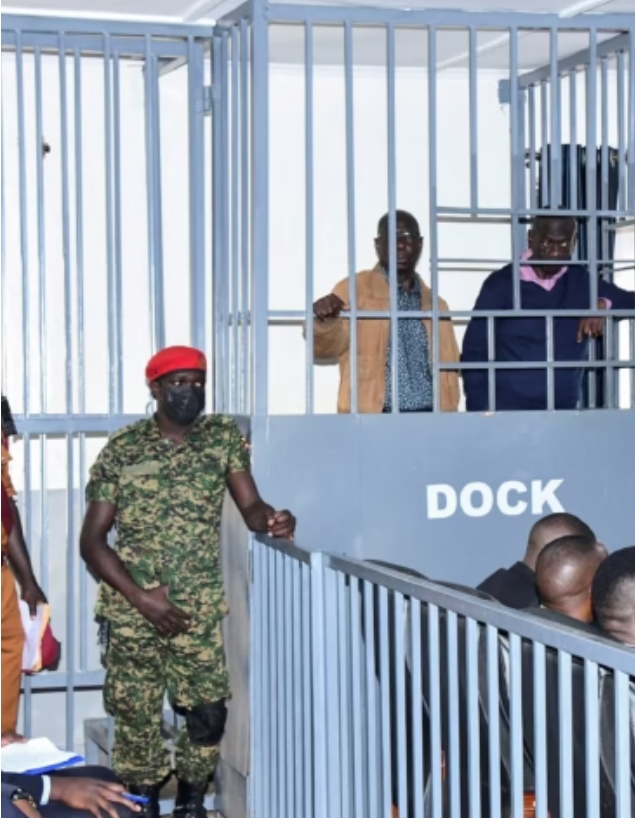Uganda proposes bill to allow military trials for civilians, defying recent Supreme Court ruling and sparking opposition backlash.
Ugandan Parliament Introduces Bill Allowing Military Trials for Civilians


On Tuesday, the Ugandan government introduced a new bill in parliament that would permit military tribunals to prosecute civilians. This legislative move comes just months after the country’s Supreme Court declared the practice unconstitutional in a landmark ruling.
In its January decision, the Supreme Court compelled the government to shift the trial of opposition figure and former presidential candidate Kizza Besigye from a military to a civilian court. Besigye, a longtime critic of President Yoweri Museveni and a four-time presidential contender, is now facing several charges in the civilian judicial system, including treason. His political allies and legal representatives argue that these charges are politically driven and aimed at silencing dissent.
The bill, titled the "Uganda People's Defence Forces Bill, 2025," was introduced on the floor of the House by Minister of Defence Jacob Marksons Oboth. Following its presentation, it was referred to a parliamentary committee for detailed scrutiny and review. According to the draft text obtained by Reuters, the bill stipulates that civilians may be subject to military law under exceptional circumstances—specifically, when found in unlawful possession of arms, ammunition, or equipment typically restricted to the country's defence forces.
Besigye’s recent case is a stark illustration of the current tensions. In November, he was reportedly abducted from Nairobi, Kenya, and transported to Uganda, where he appeared before a military tribunal. He was subsequently charged with several offences, including the illegal possession of firearms. The Kenyan government has denied any involvement in what it described as an abduction and stated that investigations were ongoing.
The proposed legislation also extends to civilians accused of aiding or abetting soldiers in committing serious crimes such as treason, murder, and aggravated robbery, among others.
Human rights advocates and opposition politicians have long criticized President Museveni’s administration for using military courts to pursue opposition figures and their supporters under politically motivated charges. According to David Lewis Rubongoya of the National Unity Platform (NUP), Uganda’s largest opposition party, the new law is designed to “persecute regime opponents and deal with the growing resistance against the regime.”
Information Minister Chris Baryomunsi did not immediately respond to a request for comment. Meanwhile, NUP leader Bobi Wine announced on Friday his intention to contest in the presidential election scheduled for January, where President Museveni is widely expected to seek reelection.

 বাংলা
বাংলা  Spanish
Spanish  Arabic
Arabic  French
French  Chinese
Chinese 
